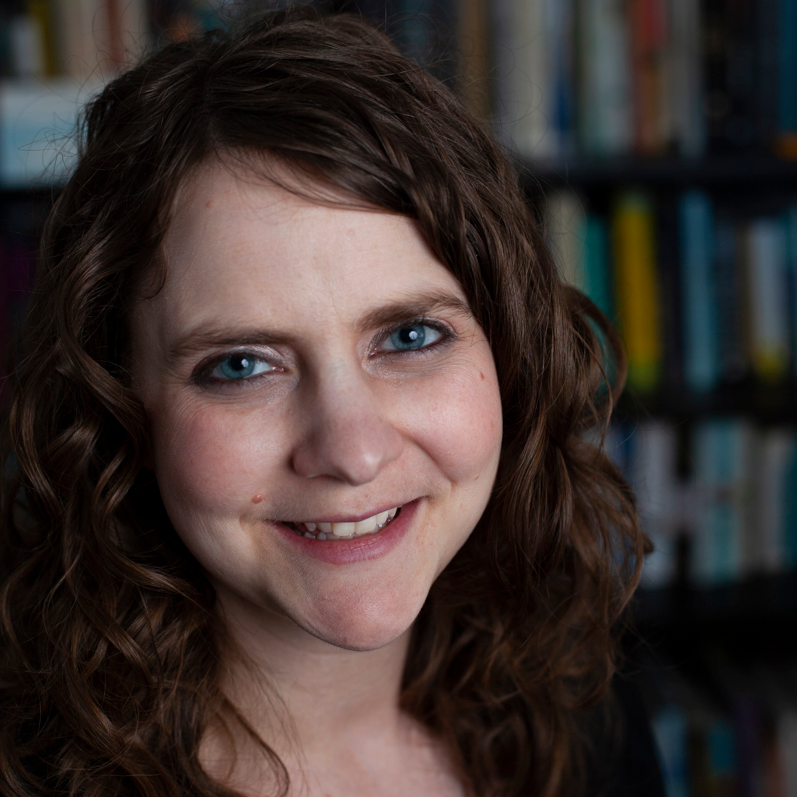Is giving the only right way to use your money as a Christian?
While I think many of us can see issues with this idea on the surface, I think it’s also what many of us unintentionally preach, teach, and even believe. For a long time, I thought the best way to live out my call to stewardship from a financial standpoint was to take care to meet my own needs and give the rest away. The goal was to keep as little for myself and share as much as I could with those in need. As a teenager, I would often give away all of the money I earned while babysitting. When my mom realized I was doing this, she invited me to take a more balanced approach: giving some money away, but also keeping some money back to spend on myself and save for my college education.
I often see this same mentality creeping in with the seminary students I have the privilege to teach. When students take my courses and begin learning about God’s call to stewardship they begin to look for concrete ways to put this into action in their lives—and their first step is usually to increase the amount of money they are giving away. While some look to grow their generosity with a spirit of joy and grace, I often hear this desire to give accompanied by guilt, reluctance, and even fear. While generosity is an important element of stewardship, I believe we can use our money to love God and our neighbor through the way we spend, save, and acquire money as well as the way we give. Giving money away isn’t the only way for us to live out God’s call to stewardship.
Today I’d like to introduce you to a financial wellness concept that’s been a game-changer for me as well as for the students, couples, and ministry leaders I’ve had the opportunity to work with over the years: Money Personalities. I first heard about money personalities from Nathan Dungan, who referenced them during a presentation he did for Luther Seminary students during new student orientation. He asked: “What’s the first thing you want to do with money when it comes into your life?” Don’t think about what you should do with it, instead focus on your first, natural impulse. Do you want to save it, spend it, give it away, or get more?
So, let’s see what your money personality is:
If $1,000 magically arrived on your doorstep, what’s the first thing you’d want to do with that money (before any “shoulds” or guilt comes to mind)?
- I’d want to give all or part of it away. (Giver Money Personality)
- I’d want to save all or part of it. (Saver Money Personality)
- I’d want to spend all or part of it. (Spender Money Personality)
- I wouldn’t be very concerned about how I spent the $1,000. Instead, I’d want to think about how we could bring in another $1,000. (Acquirer Money Personality)
My first impulse is to give money away, so I have a giver money personality. While you can certainly have more than one money personality, there’s usually one that’s primary and one that’s secondary. Furthermore, there’s no one right money personality—each personality has its own strengths and blindspots. And, each personality can be helpful as we live out our call to love God and neighbor with all that God has entrusted to our care.
Acquirer: Focused on how to bring more income in
- Strengths: Motivated, hardworking, great at finding new (and sometimes unexpected) income sources
- Blindspots: Less focused on using the money they have wisely, may not know how much money they really have
Stewardship Opportunity: They tend to be very good at advocating for what their work is worth and ensuring they are paid equitably. They can help others to do the same.
Giver: Focused on giving money away
- Strengths: Empathetic, generous in traditional & non-traditional ways, tend to hold their money lightly thinking of it as belonging to their neighbor as much as it belongs to them
- Blindspots: Tendency to deem others needs more important than their own, may become a financial martyr to causes or people they care about
Stewardship Opportunity: Givers will often be the first to recognize the needs of their neighbor and are eager to listen and find out how they can help.
Saver: Focused on saving money for the future
- Strengths: Clear vision of the future, knows the power of “delayed gratification”, contingency plan expert
- Blindspots: Has trouble letting go to enjoy life today, may get paralyzed by all of the “what if” scenarios the future might bring
Stewardship Opportunity: Some of the most creative and impactful stewardship work that is currently being done is focused on the using invested assets for micro loans or impact investing to live out the investors values.
Spender: Focused on spending money today
- Strengths: Enjoys their money, knows how to make the most of money today, often spontaneously generous with those they care about
- Blindspots: Has trouble prioritizing the future, may lack focus in the way they use money
Stewardship Opportunity: Most of us spend the majority of the money that comes into our lives. Spenders can help us think more creatively and generously about the money we spend to ensure that this money is supporting businesses that help us live out our love of God and neighbor.
Getting to know our own money personality can help us better understand our own approach to money as well as the approaches of people we love. It can also help us to think about stewardship in a new way. Instead of limiting our stewardship to just the amount of money we give away (which, let’s be honest, for most Christians is around 2.5% on average), this approach can open up our call to stewardship to the other 97.5% of the money coming through our lives. Similarly, this approach allows people with all different money personalities to bring their strengths to the table to not only live out their own call to stewardship but to encourage others to think about their call in new ways.
I’ll end with this example from my own life. When my husband and I got married, we realized very quickly that we had entirely different approaches to money. While we wouldn’t have had the words for this at the time, it became clear that I had a giver money personality (with saver secondary) and my husband had a spender personality (with an acquirer secondary). We were on complete opposite sides of the personality spectrum. Talking about money issues was a mess because we weren’t speaking each other’s language and we both thought our own approach was the only “right” way to use our money.
However, once we began to learn about and appreciate each other’s unique approaches to money everything changed for us. My husband has helped me to stay grounded as a giver. He has taught me that it’s ok to let go sometimes and enjoy the money we’ve earned. He also continually reminds me that I need to invest in myself before I can invest in others. This has made me a more healthy and whole-hearted giver because I’m giving from a place of sufficiency and not scarcity. Similarly, my innate focus on the needs of others and the future has helped to broaden my husband’s horizons, helping him to see beyond his current interests and opportunities. We’ve found that our differences are gifts to one another, our relationship, and our financial life. Even though my husband is not a person of faith, his money personality has helped me live more deeply into my call as a steward.



